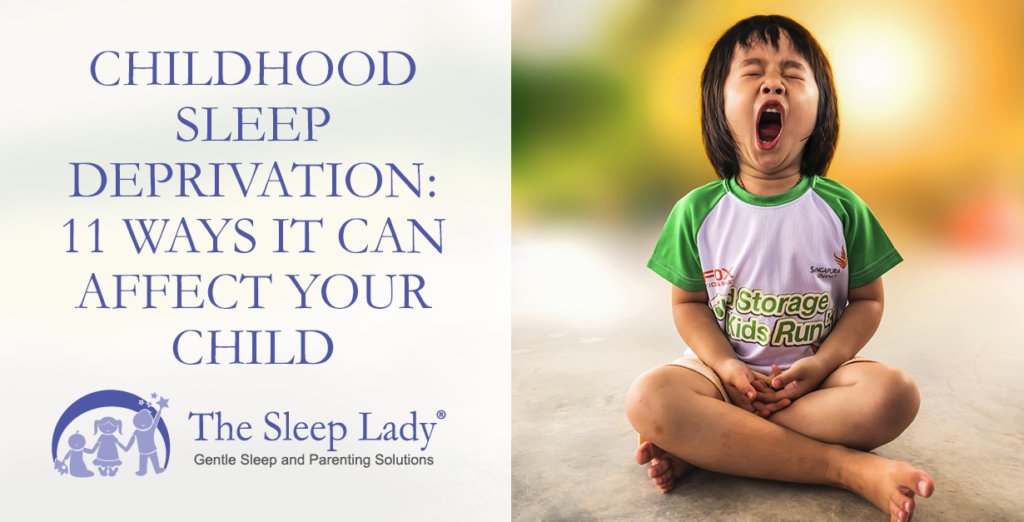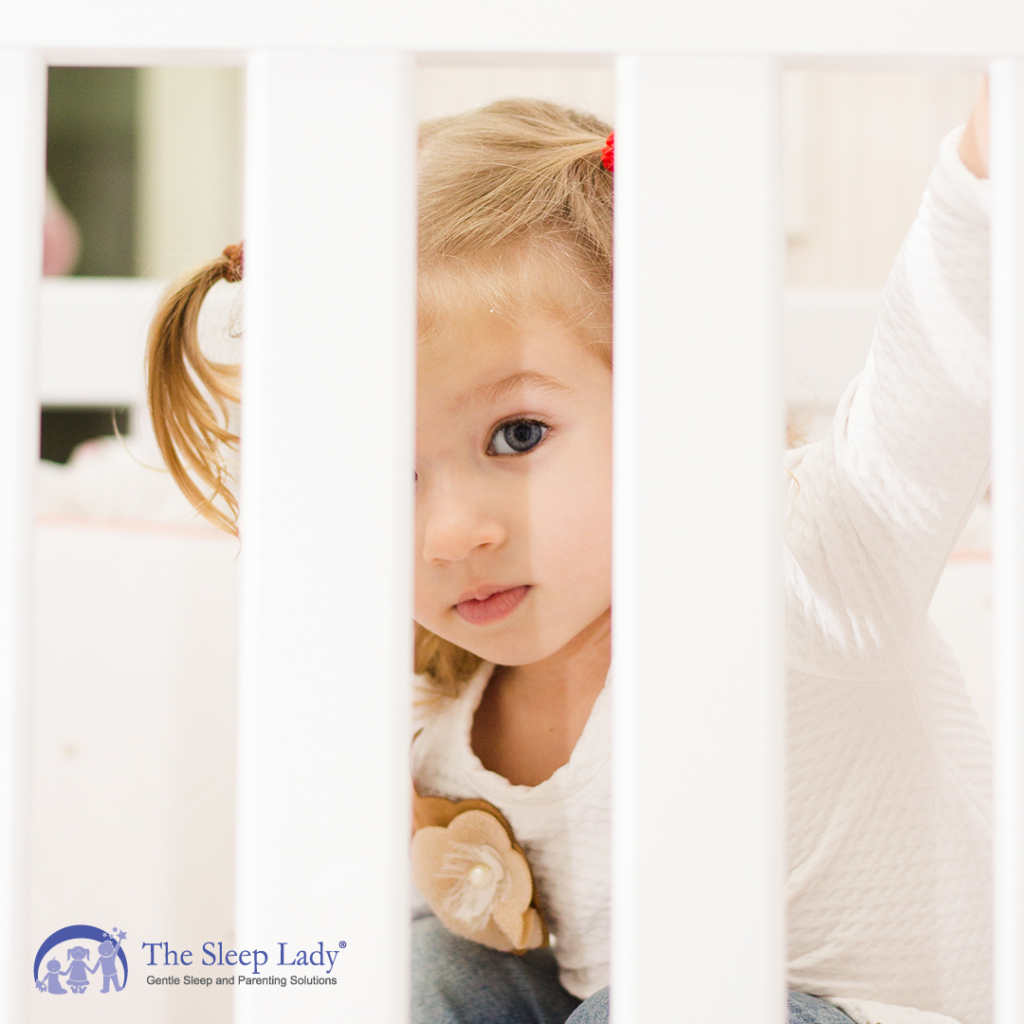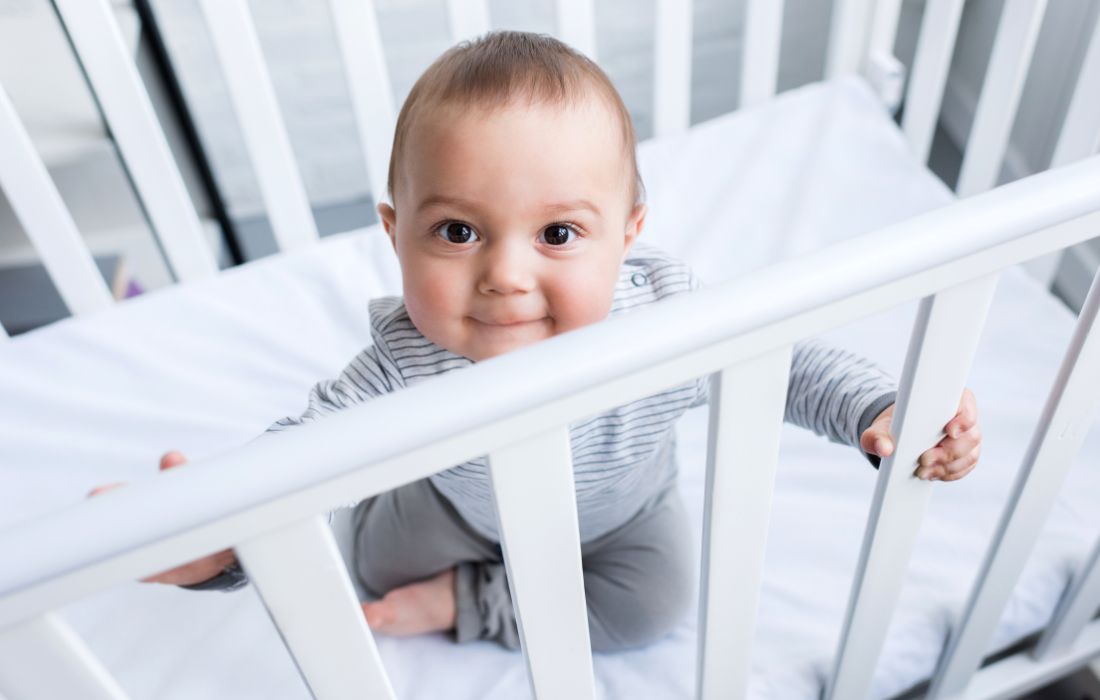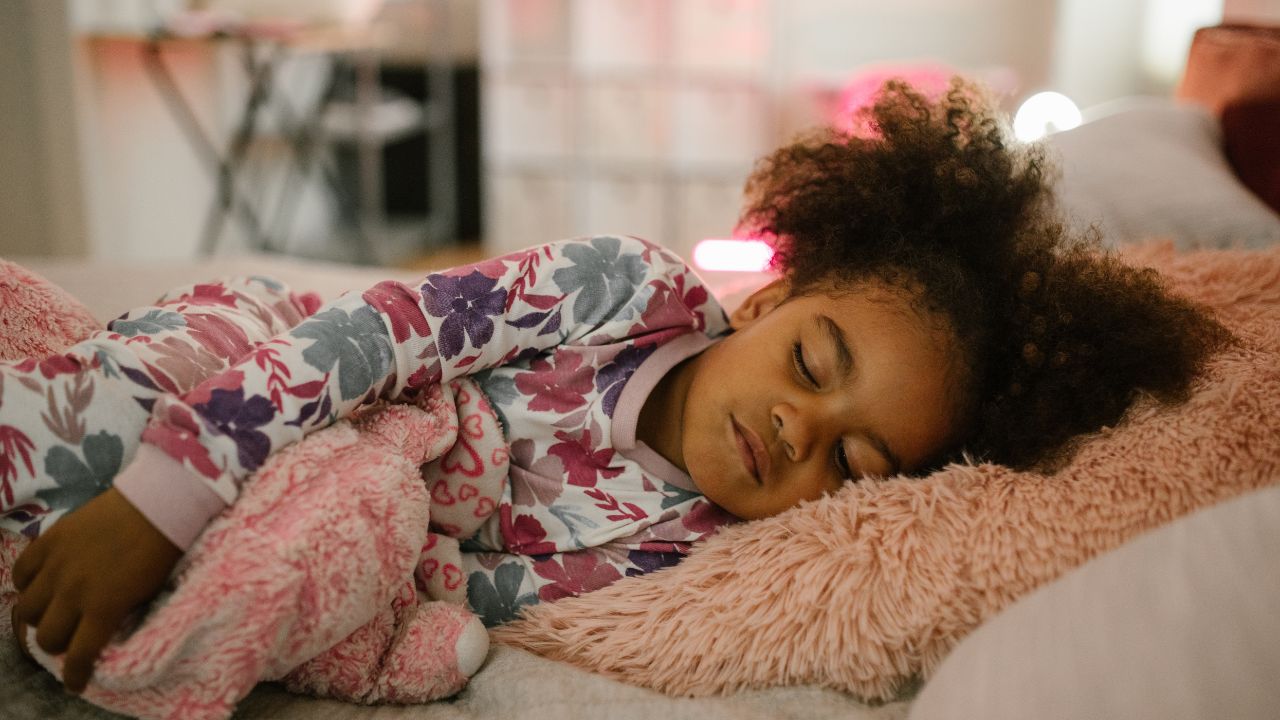 Do you have a tantrum-throwing, fussy, emotional child? If so, you may be dealing with a case of sleep deprivation. Sleep is incredibly important for all of us, especially our children.
Do you have a tantrum-throwing, fussy, emotional child? If so, you may be dealing with a case of sleep deprivation. Sleep is incredibly important for all of us, especially our children.
Shorter Sleep Affects Academics and Behavior
Rebecca G. Astill of the Department of Sleep and Cognition at the Netherlands Institute for Neuroscience conducted a study researching the effects of sleep impairment in children.
In this study, Astill’s study examined more than 35,000 children ages 5 to 12. She was looking at how sleep affected school performance and behavior.
Astill found that shorter episodes of sleep resulted in poor academic performance, and that these same children had more behavioral issues than their well-rested peers.
“The suggestion that insufficient sleep in children affects cognitive performance and aggravates behavioral problems is of particular practical relevance given the increasing tendency towards curtailment of their sleep,” she concluded.
As if this were not motivation enough, there is evidence that lack of sleep can contribute to an increased risk of obesity, diabetes, and hyperactivity. Additionally, recent studies have shown that some children diagnosed with ADHD may actually be sleep deprived. So how can you tell if your child needs more sleep?
11 Signs of Sleep Deprivation in Toddlers and Children
- Overly emotional (explosive temper tantrums, easily hurt feelings, no patience)
- Difficult to wake in the morning
- Difficulty concentrating or focusing during play
- Taking long, or excessive naps
- Hyperactivity
- Defiant or contrary behavior
- Difficulty falling asleep (overtired)
- Falling asleep as soon as they hit the pillow (sleep should take about 20 minutes for a healthy sleeper)
- Increased appetite
- Accident prone, or clumsy
- Excessive talking (more questions than normal or frenzied conversation)
If you suspect that your child isn’t getting enough sleep, you can help him get more sleep by following these tips:
Know How Much Sleep Your Child Needs
Toddlers and preschoolers need 10 to 13 hours of sleep, divided up between naps and night. Although your preschooler may no longer nap, encouraging a period of quiet time in the afternoon can help keep your child rested, and help him to sleep better at night.

Do Not Exceed Your Child’s Wakefulness Window
Wakefulness windows are the period of time that your child can remain awake without needing sleep. Infants have very short wakefulness windows, while toddlers and preschoolers wakefulness windows will be longer. When your child is awake for longer than the recommended time, you may find that he has a hard time settling, relaxing, and may fight sleep later in the day.
RELATED: Baby and Child Sleep: Sample Schedules From 6 Months to Preschool
Be Aware of Appropriate Bedtimes and Wake Times
For most children, a bedtime between 7 and 8:00 p.m. is entirely appropriate, which coincides with starting the day between 6:30 and 7:30 a.m. Many parents don’t realize that a later bedtime can actually result in your child fighting sleep, which can result in nap resistance, and, not surprisingly, a number of the above symptoms of sleep deprivation.
Limit the Things That Disrupt Sleep
Be aware of your child’s caffeine intake, as well as the amount of screen time. Try to schedule your errands or outings around your child’s naptimes, and don’t agree to extracurricular activities if they interfere with bedtimes.
It’s also a good idea to get outside for a bit each day. So go on a walk, play in the grass, or have a picnic lunch. Be aware that sunlight interferes with the production of melatonin, so plan your outings around naptimes, coming inside out of the sun at least an hour before you plan to have your child get ready to sleep.
Know Your Child’s Sleep Cues
Chances are, by the time your child acts ‘tired’, it’s already too late. Watch for tired cues, such as rubbing eyes, yawning, lack of focus, or general crankiness. When you miss your child’s sleepy cues, you may notice that he is suddenly wired, jumpy, and frantic. This also means that it will be harder for him to wind down for sleep. Watch carefully.







